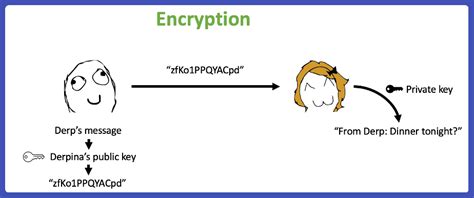Ethereum: Mnemonic Private Key – Security Check
When it comes to securing Ethereum (ETH) and other cryptocurrencies, one of the most popular methods is using a hardware wallet (HD wallet). HD wallets provide an extra layer of security by storing private keys offline, which can be harder for hackers to access. However, if you want to conveniently use mnemonics to remember your private key, things get a little more confusing.
In this article, we’ll examine whether it’s safe to use your Ethereum private key as a mnemonic, and provide tips on how to mitigate the risks.
What is a private key?
A private key is a unique string of characters used to access, send, and receive cryptocurrency transactions. It’s essential for securing digital assets, including ETH. A private key can be public or private, depending on the wallet’s configuration.
Mnemonics: A Security Nightmare?
Mnemonics are created by generating a series of complex phrases using a passphrase or mnemonic code. These phrases serve as passwords to unlock private keys and wallets. While mnemonics are convenient, they also pose significant security risks if not managed properly.
Converting Private Keys to Mnemonics
As you mentioned, converting the hexadecimal string of an Ethereum private key to a mnemonic is a real possibility. However, this approach requires caution:
- Be aware of the risks

: When converting private keys to mnemonics, there is a risk that your password could be compromised if an attacker gains access to your passphrase or wallet software.
- Use secure conversion tools
: Use reputable third-party tools like MetaMask, Trust Wallet, or Electrum, which offer secure methods for converting Ethereum private keys.
Safe Practices: A Step-by-Step Guide
To keep your Ethereum and mnemonics safe:
- Keep your seed phrase safe: Write down your seed phrase in a safe place, such as a locked cabinet or fireproof safe.
- Use hardware wallet storage: Store your ETH in a hardware wallet (HD wallet) such as Ledger, Trezor, or MetaMask, which provides an additional layer of offline security.
- Generate mnemonics carefully: Create unique and complex phrases for each Ethereum wallet to reduce the risk of password hacking.
- Use two-factor authentication: Enable 2FA whenever possible, which can add an extra layer of security to your cryptocurrency accounts.
Application
While using private keys as mnemonics may seem convenient, it is important to exercise caution when handling sensitive information such as cryptographic keys. By following the steps above and taking the necessary precautions, you can minimize the risks associated with converting Ethereum private keys to mnemonics.
If you are still unsure about keeping your Ethereum or related data safe, consider other HD wallet options that provide additional security features, such as:
- Hardware wallets: Ledger, Trezor, MetaMask
- Software wallets: Trust Wallet, Electrum
- Hybrid solutions: Mixcoins (e.g. MetaMask, Trust Wallet)
 VN
VN